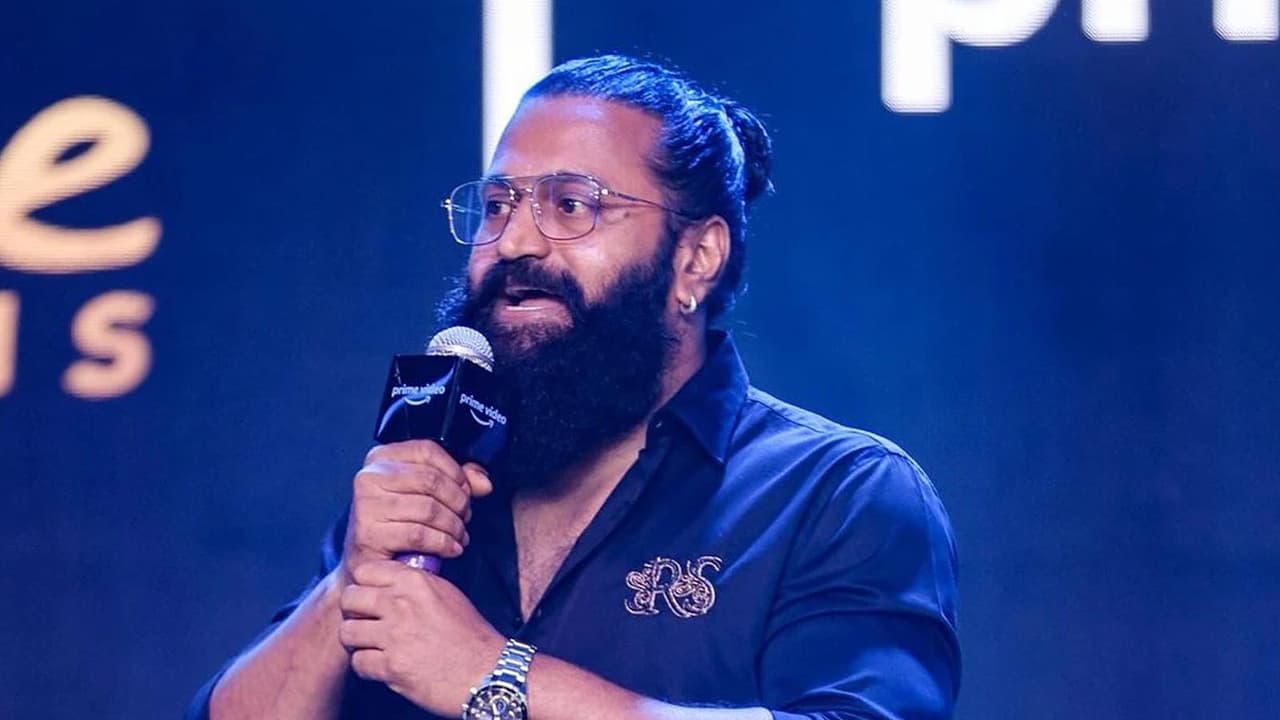Kantara director Rishab Shetty has finally addressed the criticism surrounding the portrayal of women in his blockbuster film. Reacting to the debate, the filmmaker firmly stated that he does not agree with the allegations of weak female.
While Kantara, an enormous hit in Rishab Shetty’s 2022 page, And the prequel of this film ‘Kantara: A Legand Chapter 1’ is also doingg well, presumably made lots of money but also roused questions concerning cultural, folk, visual, and character portrayal. The fine script and rooted storytelling did launch equal scrutiny against it for having rather limited and stereotypical representation towards its women folk. Many viewers and critics felt the female characters in the movie were inadequately developed when set against the male-driven narrative.
Rishab Shetty Reacts to Allegations of Weak Female Characters
In a recent interview, Rishab Shetty spoke at length about the criticisms. The actor-director was adamantly clear: “I don’t agree with these comments. Every character in the film, including the women, had a purpose and significance to the story. Just because they had lesser screen time doesn’t mean they were less impactful.”
He went on to say that Kantara had a strong cultural and folkloric tilt, often finding male characters in the limelight due to the rituals and traditions portrayed. In that view, they designed the female characters to represent the emotional, spiritual, and moral core of the story rather than simply serve as decorous touches.
His Opinion on Storytelling
In defense of his vision, Rishab Shetty was profuse in saying that storytelling should stay true to cultural and thematic contexts from which it emerges. “We cannot expect every film to have the same type of representation. My responsibility is to tell the story honestly and authentically. In folklore, sometimes women play quieter but equally essential roles; that is what I aimed to capture in Kantara,” he said.
While some viewers criticize the representation of women in the film, the other’s section appreciates characters like Leela, acted by Sapthami Gowda, for bringing emotional power into the narrative. For a lot of fans, her character was the emotional anchor to the protagonist, providing a counterbalance to the overwhelming masculine energy flowing through the film.
Rishab Shetty states that diverse perspectives are the essence of cinema. “Films will always invite different perspectives. What matters is that people are talking about it and engaging with the story. That is the beauty of art,” he said
